|
By Patricia Scotland, Commonwealth Secretary-General Waking up to screams, thuds, angry shouting and the sickening sound of someone crashing into a wall, a table, a door. This is the cruel reality of many children and young people across our Commonwealth. As economies, institutions and social welfare sectors continue to buckle under the strain of the unprecedented COVID-19 pandemic crisis, there is a dangerous escalation in the risk to the millions of people caught in the clutches of domestic and gender-based violence. Emerging evidence on the impact of essential lockdown measures and the economic fall out of the pandemic on gender-based and domestic violence, paints a frightening picture. The crisis has led to an alarming escalation of violence in the home, with women bearing the brunt of the frustration and anger. In some areas, there have been reports of women being prevented from seeing doctors, and female doctors being spat on while testing other women for COVID-19. We are seeing surging numbers of emergency calls to helplines – with rises of anything between 25 and 300 per cent, dramatic increases in internet searches for support for those affected by domestic violence, and higher numbers of domestic homicides. These are extremely disturbing trends, which must not be ignored. Barriers to care Experience teaches us that women tend often to be at a disadvantage during crises, epidemics and now this pandemic, and that domestic violence tends to increase. In West Africa, 60 per cent of total deaths in the 2014 Ebola outbreak were women. Following the Canterbury earthquake in New Zealand, there was a 53 per cent rise in domestic violence. In many cases, this is because gender roles and harmful practices, including customs such as early and forced marriage, limit women’s access to health services. Women do three times as much unpaid care work at home compared to men and make up 70 per cent of workers in the health and social care sectors. They are squarely in the infection’s path. During the present COVID-19 pandemic, mass school closures are tending to entrench learning gaps between girls and boys, and putting many more girls at risk of sexual exploitation, early pregnancy and early or forced marriage. They also mean that children are unable to report abuse to a trusted teacher. And with restrictions on home visits by police and health workers, violence shelters being converted into health facilities, and courts being forced to close, many victims may find themselves trapped and feeling abandoned. Solutions Mitigating the devastating impacts of this hidden pandemic of domestic violence requires strong and concerted action. So the Commonwealth Secretariat is working alongside partner organisations on measures which will help our 54 member countries to stem the rising tide of gender-based violence. In meetings with counterpart organisations such as the Organisation Internationale de la Francophonie, the Pacific Island Forum, the Council of Europe and the Community of Spanish Language Countries, we have explored collaboration and mechanisms to ensure that women are at the centre of post-COVID recovery planning. We will work with our respective members to implement policy responses and interventions to safeguard victims and those at risk.
These discussions allowed us to share concerns and ideas conveyed by our member governments, and to outline key considerations for the upcoming ministerial meetings being arranged by the Commonwealth.
It is clear, for example, that an important priority is the provision of basic healthcare to all individuals and communities free of charge at the point of delivery. All evidence points to a clear link between weak health systems and vulnerabilities to domestic violence. So urgent action needs to be taken to ensure that during this COVID-19 pandemic victims of abuse are able to access the healthcare they need, including mental health services.
It is also key that post COVID-19 strategies include dedicated funding and support for micro, small and medium sized businesses and the informal sector, which are predominantly led by women – many of whom need the assurance of financial independence to escape from dangerous domestic situations.
I would lay particular emphasis on the importance at present of creating opportunities through virtual meetings and seminars for Commonwealth countries share knowledge, resources and experience on how best to navigate through the rapidly evolving processes and circumstances within which we now operate. It is encouraging, in this regard, that throughout the Commonwealth we already see evidence of renewed commitment and action to end violence against women and girls.
Much is being done in our member countries to keep domestic violence refuges open during the outbreak. There are also examples of innovative partnerships with businesses and organisations to provide alternative locations for victims to use as shelters.
Some governments have been able to provide additional resourcing and funding to organisations supporting victims, so they can upscale operations and continue providing services in a safe manner. Other useful innovations such as virtual hearings and legal advice, are allowing survivors to continue to access justice.
What is clear from my meetings with officials and development leaders is the immense urgency of taking action to protect women and girls who are being abused, isolated, punched, kicked and even killed in their homes. Sadly, children living in violent homes not only witness violence but may themselves suffer abuse. Violence in the home is one of the most pervasive human rights challenges of our time. So, the Commonwealth collectively stands ready to bring the power of its advocacy and support to the planned UN Declaration on Women and COVID-19.
We are increasing our ongoing advocacy through a range of initiatives, including creating a strong economic case for addressing gender-based violence by identifying the significant economic costs if we fail to act. Research from the Commonwealth project, The Economic Cost of Violence against Women and Girls in The Seychelles, carried out in 2019 before the pandemic shows that gender-based violence leads to estimated costs of 4.625 per cent of GDP.
We will also hold a virtual follow up session to the Women Affairs Ministerial Meeting that was held last September, to set out an action plan to support women and girls during the COVID-19 crisis, because we simply cannot allow victims of domestic abuse and gender-based violence to feel trapped and helpless during this hidden parallel pandemic. |











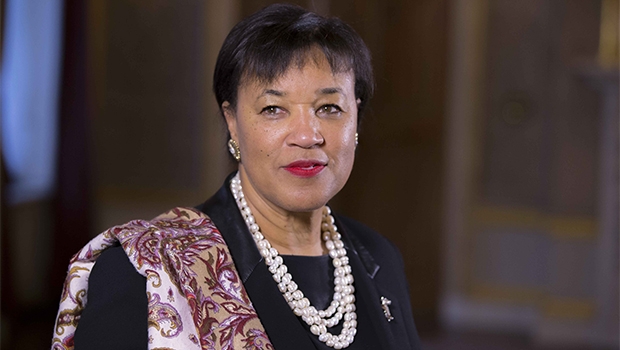

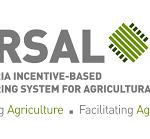






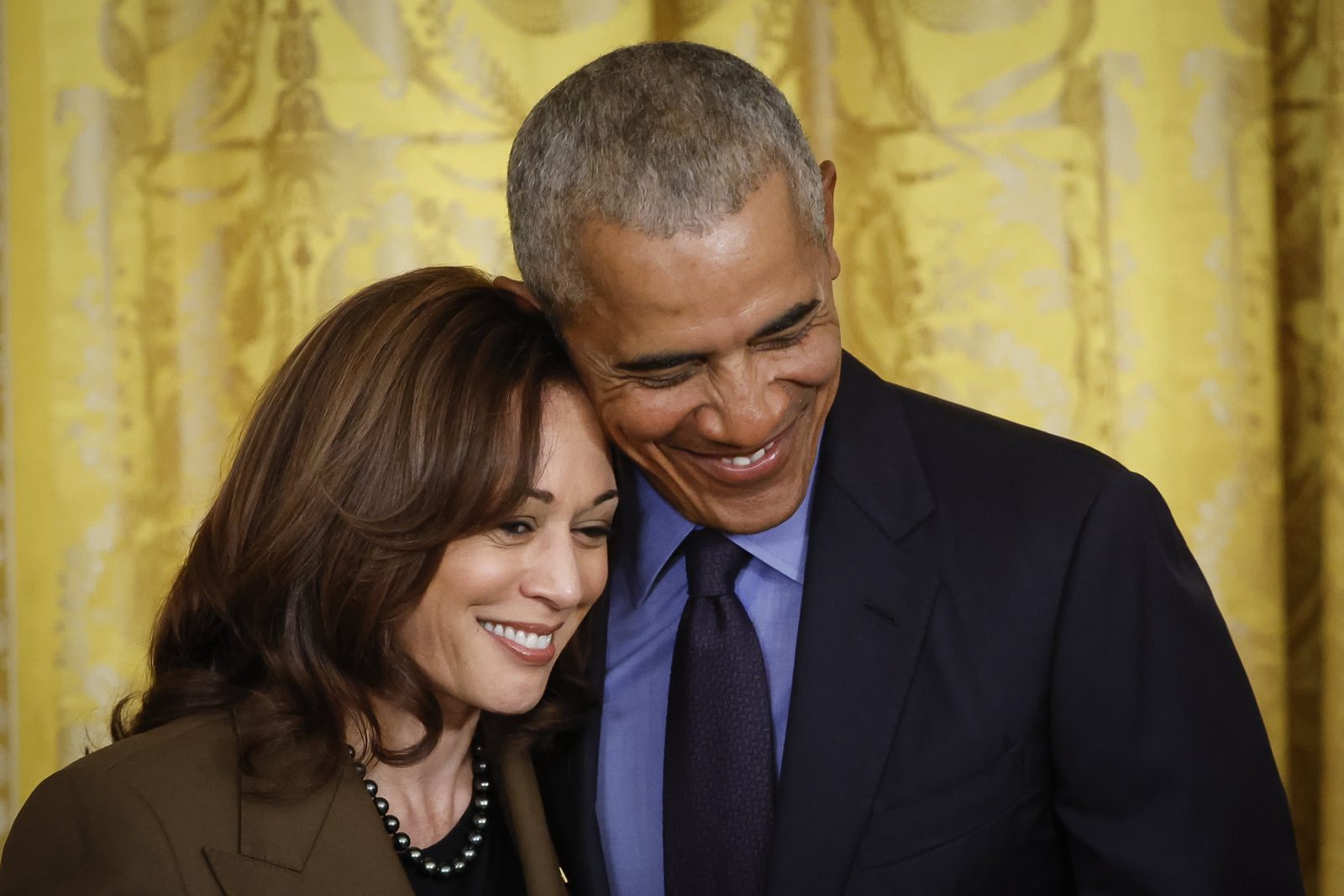


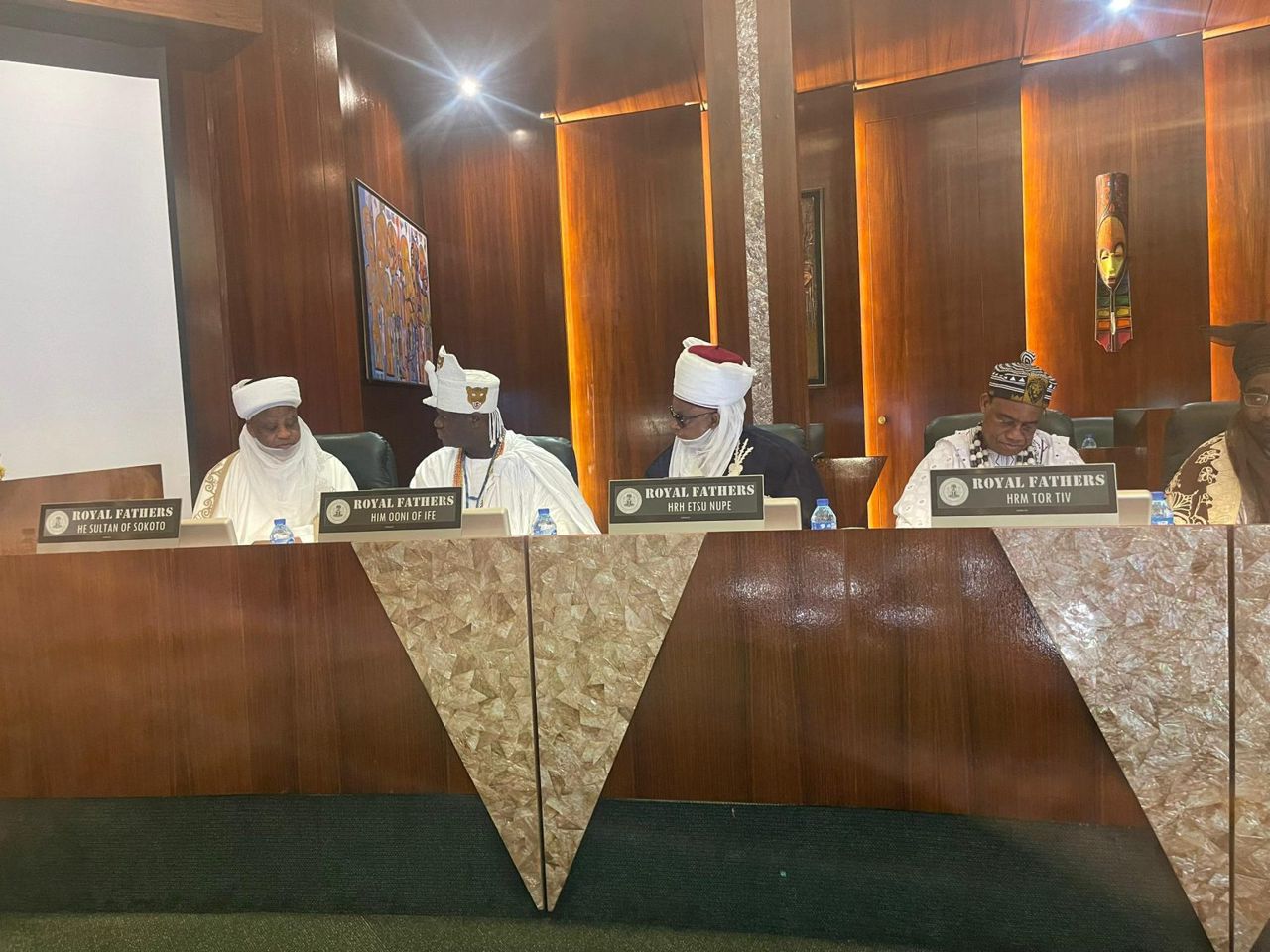






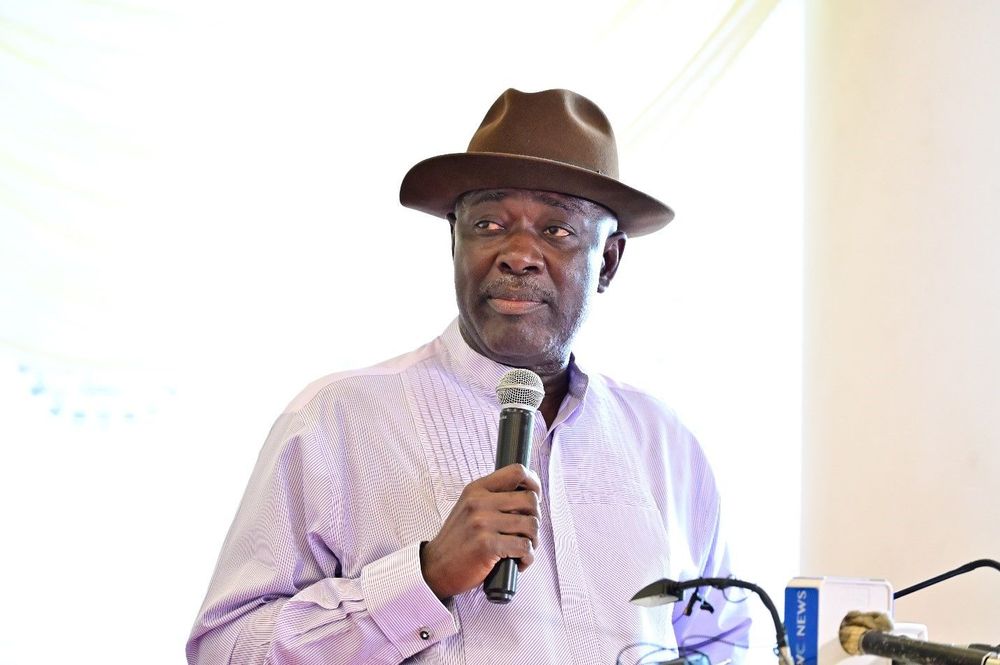


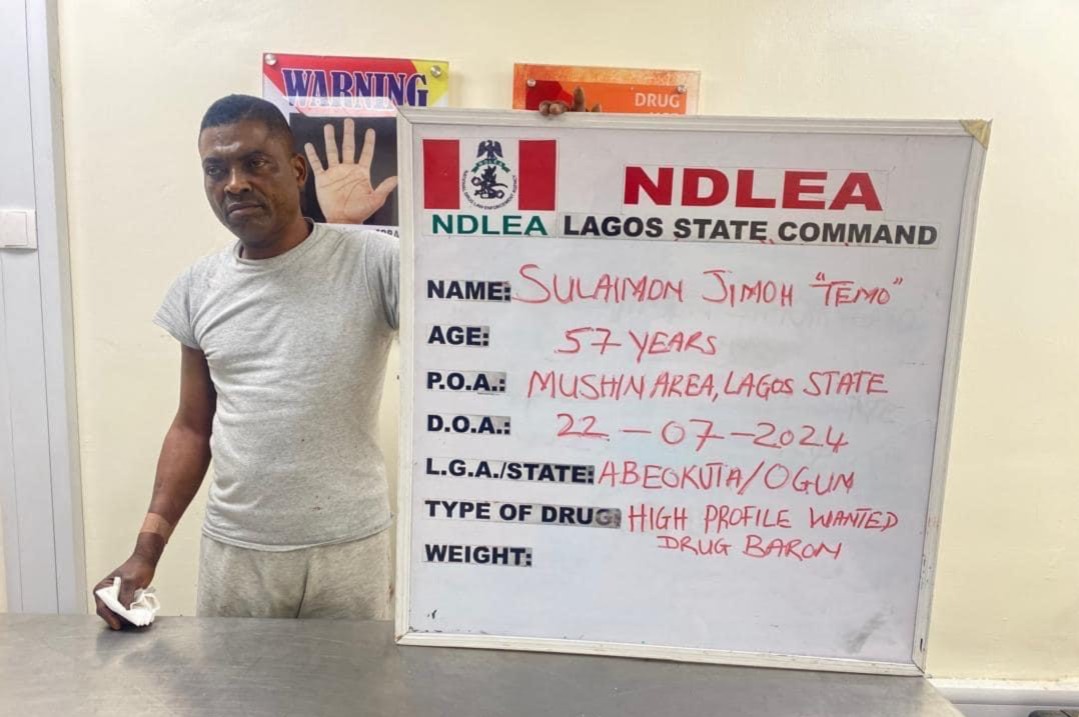

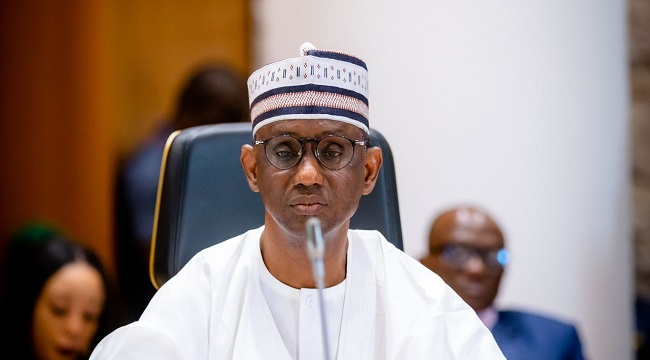

Leave a comment